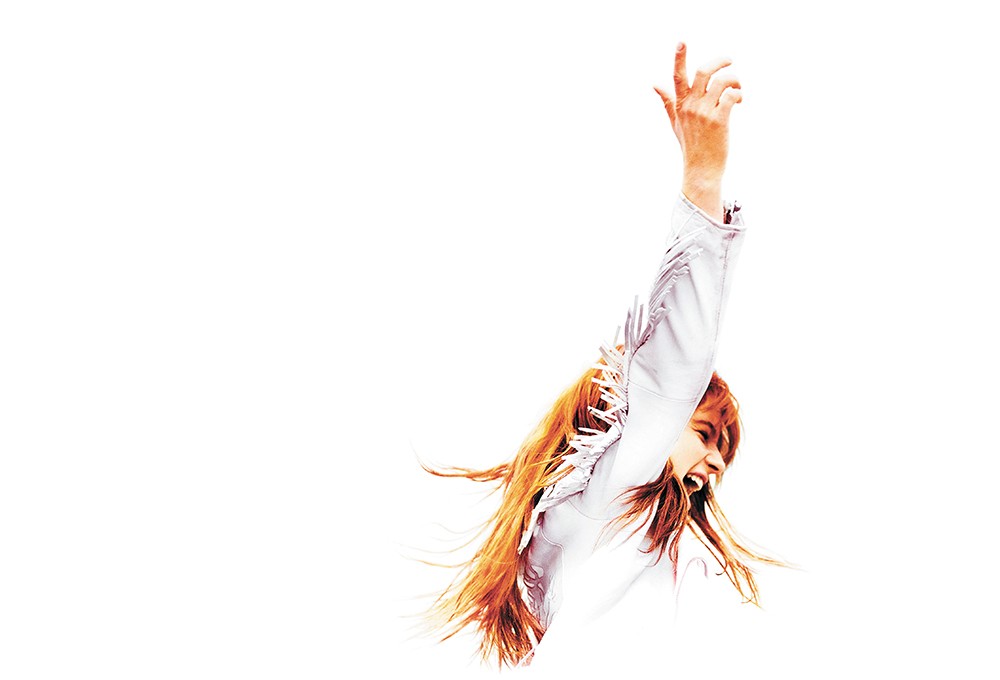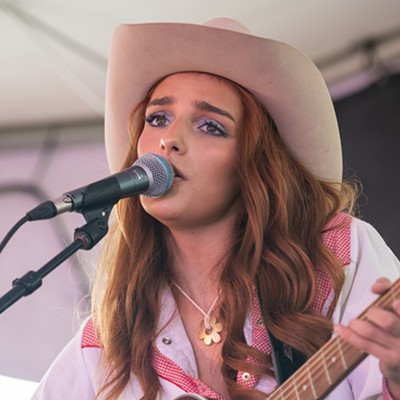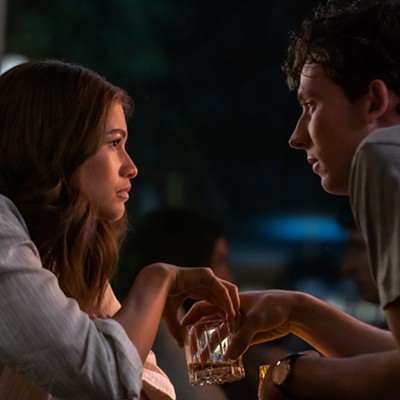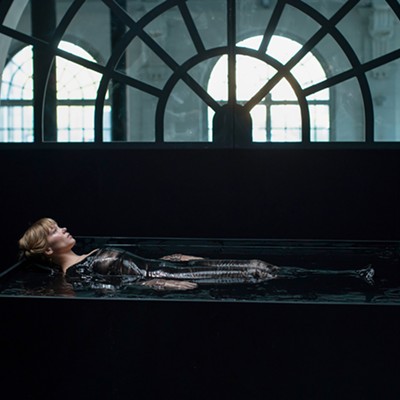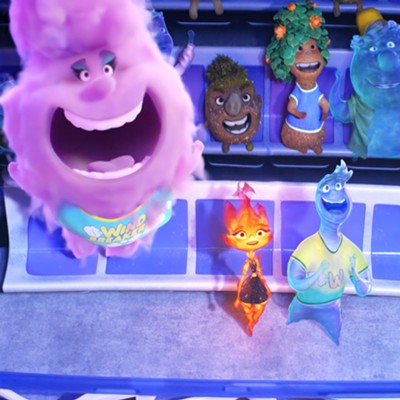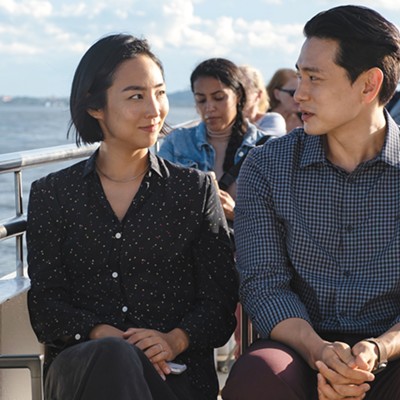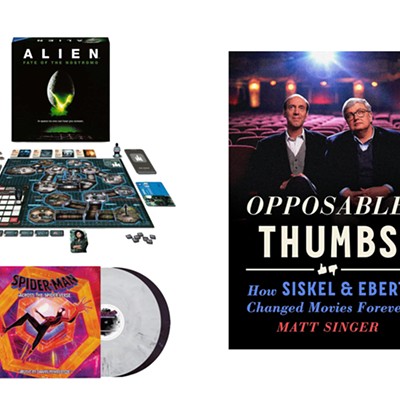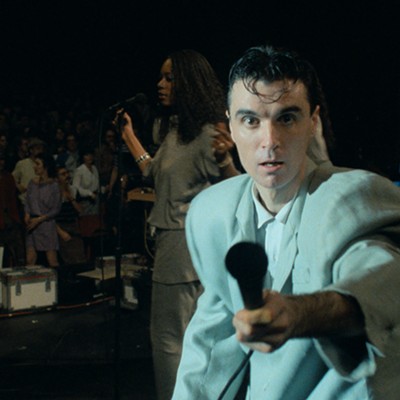It has often been said that the backbone of any good country song is three chords and the truth. In fact, it's been said so often that actual country songs have been written about that very idea. Rose-Lynn, the brash young woman who lends her name to the drama Wild Rose, has that rusty truism tattooed on her forearm, a self-imposed reminder that she's destined to break free from her blue-collar town of Glasgow and become a country star in Nashville. Few musicians ever make it big there. Even fewer are from Scotland.
The movie opens as Rose-Lynn is let out of prison following a year stint for a minor drug charge, an ankle monitor crammed inside her star-spangled cowboy boot. As played by Jessie Buckley, her own circumstances could make for the subject of a country song: She's troubled but promising, lively but quick to anger, ambitious but stuck in a dead-end existence of her own making.
When she went to jail, Rose-Lynn left behind two children, who barely seem to remember who she is now. Her mother (the terrific Julie Walters) wants her to focus on more realistic pursuits than a spotlight. Rose-Lynn can't get back her old job singing and waitressing at a honky-tonk bar called Glasgow's Grand Ole Opry, so she lies about her background and becomes a house cleaner in an upscale neighborhood. Then her wealthy employer (Sophie Okonedo), who knows next to nothing about country music, overhears Rose-Lynn singing and encourages her to submit an audition video to BBC Radio. She has a voice; she just needs to find something meaningful to say with it.
We've grown so accustomed to the details of rising-star narratives — the self-absorption of show-biz, the dangerous habits lurking around every corner, the inevitable crash-and-burn — that our inclination is to start guessing where Wild Rose is heading. But Nicole Taylor's script isn't as simple as we anticipate, because most everyone Rose-Lynn encounters seems honest, well-intentioned and encouraging. It's rare, we think, to see a film about the struggle of artistic pursuits that's so overflowing with good feeling.
Of course, things can't be so easy, and Rose-Lynn finds that emotional support doesn't exactly translate to fame. Director Tom Harper strikes a tone somewhere between the stark kitchen-sink dramas of director Ken Loach and Andrea Arnold's nervy portraits of British working-class women, so that darkness creeps in without ever overwhelming its characters. Even though Wild Rose steers clear of this genre's most fatalistic trappings, it still eases into the expected tropes: There is a mad rush to the hospital, for instance, but it's for a minor injury that mostly requires a lot of sitting around and waiting.
Perhaps it's all worth it to Rose-Lynn because she thinks of herself as an honest-to-god outlaw. Because she's been through the ringer, and because she has an obvious talent, that justifies a sacrifice she really can't afford. Johnny Cash might have had to embellish his past when he sang those jailbird songs, but Rose-Lynn is, at least on that front, the real deal. What the film captures so well is that thrill of finally getting your foot in the door, only to realize that everyone else with a dream and a guitar has their foot stuck out, too.
It also has an implicit understanding of the prosaic power of the best country music. So much of the genre has become assembly-line twang-pop, but the soundtrack here mixes Buckley's interpretations of heartfelt country classics (John Prine's "Angel from Montgomery," Emmylou Harris' "Boulder to Birmingham") with a handful of solid originals, including a closing tune penned by the actress Mary Steenburgen. When the film does finally make its way to the crowded bars and kitschy motels of Nashville, we understand how so many sad songs could come out of such a vibrant city.
Buckley, who has worked mostly in British TV, is revelatory here, and she possesses one of those crystal-clear voices that can convince you of anything. She's the reason Wild Rose works as well as it does, and she conveys the warmth and reliability of a weary country standard. Perhaps the movie could have used one more unexpected chord change, and maybe even a little more truth. But whether or not Rose-Lynn makes it, Buckley sure has. ♦

